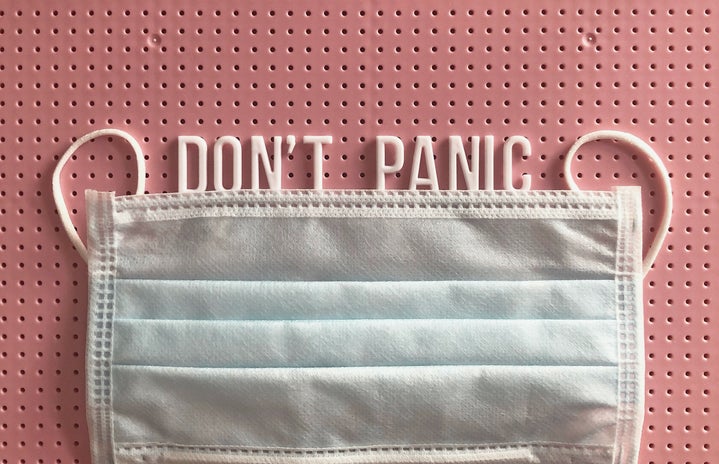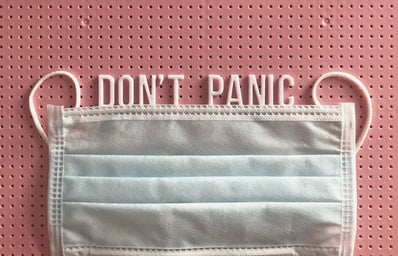“These lines are bullsh*t!”
“It isn’t fair that THEY get two packs of EIGHT toilet paper rolls but I can only get two packs of FOUR! This is ridiculous!”
“Why are you cleaning this register after I touched it? You didn’t clean it after he touched it! Is it because I’m not wearing a mask? I’m not sick! You’re discriminating against me!”
“Why don’t you guys have Lysol? I want Lysol!”
“F*cking c*nt…”
These are all things spoken to me in varying levels of aggression in the first few weeks of the coronavirus pandemic. I worked in a grocery store, risking my health and working on the front lines to help people get food while they acted like it was the end of the world. People bought soup, canned vegetables, pasta, frozen meals, and yeah, the infamous toilet paper, to last for weeks, getting angry at each other for taking the last box of penne or a larger package of tissues. People screamed at us about limitations, about stock issues, about lines. It was chaos. It was March of 2020.
If you only watched the news or saw nice Instagram graphics, you would think that being an essential worker during the pandemic was hard, necessary work that we got thanked for. And the media thanked us a lot. People put signs outside their houses covered with hearts and smiley faces, thanking us “for our service.” Little kids made us cards, crayon wax on construction paper was taped to the wall above our phone, and reminders of our ‘bravery’ and ‘importance’ littered social media feeds. We got to dress down for work, which really meant we didn’t have to wear the uncomfortable polyester polo with our work appropriate pants. We got a very temporary $2/hr raise and some coupons.
The publicized appreciation for our work actually made it all feel worse. How could people stand to say thank you so brightly online when we were getting harassed in real life? I had been promoted right at the beginning of the pandemic so that we would have more supervisors, and I had to deal with an excess of complaints, misinformation, and straight up cruelty. Someone did genuinely, call me a c*nt because I didn’t let him cut an entire line of people. A man slammed a package of chicken down on the empty register next to me as I regulated the line, because the line was too long, and why wouldn’t we open another register? We didn’t have the staff. People quit because they were at risk, people quit because they were scared, people quit because they were being verbally abused day after day.
I learned a lot about human nature, and about how so many people are kind, grateful, and understanding. How many people act like animals when they’re scared and confused and inconvenienced. How some people think it’s okay to pull your mask off and cough on someone cause they’re standing in the way of the green peppers. How your mother will angrily lecture a stranger on kindness when she realizes he’s the guy who screamed at you the day before. (When he told my manager to “get back to work” while on his lunch break, and then told the person behind him how he had to leave yesterday without buying anything, she knew it was the guy. She described him to me. She was right.) How people will offer you candy, cash tips, rosary beads and apologies. How you and your coworkers will form an unbreakable bond. How you’ll sob, exhausted, after working a thirteen hour shift; how that same day you’ll see everyone during senior-only hours get their orders paid for by an anonymous donor and make the news. How people are amazing and mean and impatient and so, so patient and hypocritical and heartwarming and how they’ll put you through a living hell. A living hell that’s worth it.
But seriously. Do people not understand how lines work?


